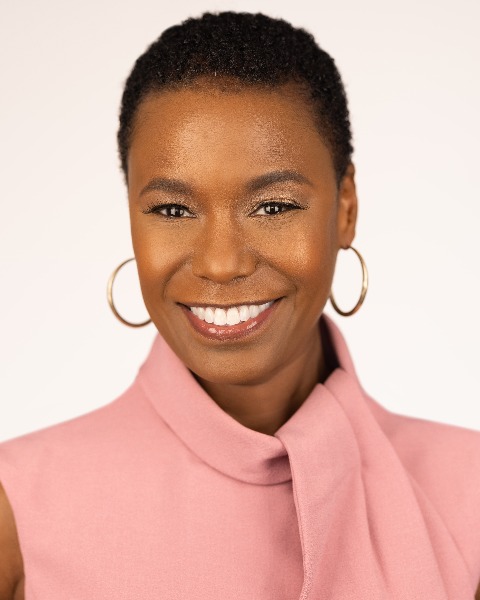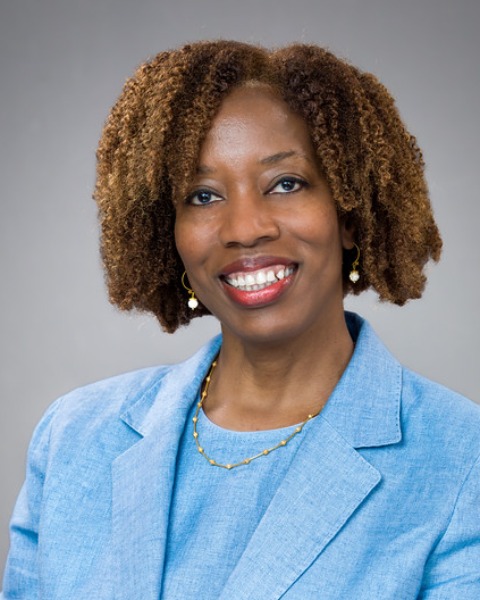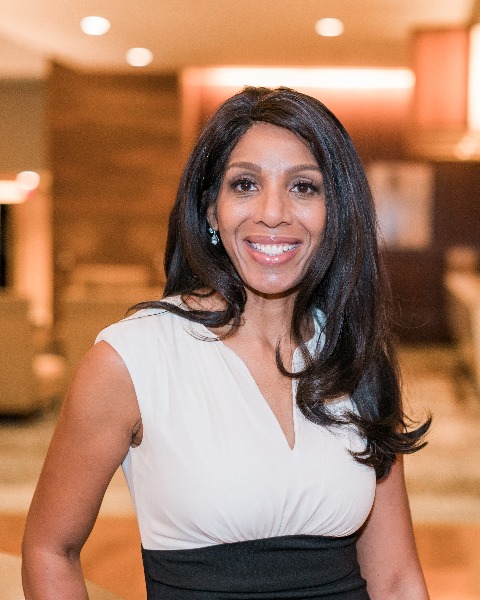Workforce Cultivation
Competency by Design: Building Fair Systems for Healthcare Leadership
The original intent of workplace reform was straightforward: to ensure fair workplaces and expand opportunity for all—because historically, advancement was not equally available. In healthcare, fairness is not only a moral imperative but also directly affects patient trust, outcomes and organizational performance. This session traces the journey from compliance-driven efforts to today’s focus on fairness by design—embedding competency-based hiring, structured promotions and transparent systems into daily operations. We will show how leading hospitals and health systems are strengthening leadership pipelines, career development and team cultures by relying on measurable capability rather than subjective factors.
Fair workplaces go beyond representation to address access and inclusion across roles, disciplines and backgrounds—including age, veteran status, socioeconomic background, geography (rural/urban), language, immigration status, family caregiving and neurodiversity. To deliver excellence in patient care, organizations must ensure everyone has meaningful access to opportunity, development and advancement. Amid today’s political, legal and social headwinds, many organizations are not stepping back; they are maturing their approaches—clarifying language, aligning programs to values and embedding competency-driven practices into hiring, performance, promotions, benefits, scheduling and pay systems. You will examine practical models including structured interviews, skills-based hiring, sponsorship and career architecture, competency-based promotions, psychologically safe teams, supplier accountability, and transparent data practices to build resilient, fair workplaces that endure beyond labels and trends.
Learning Objectives:
- Gain historical perspective on how fairness in the workplace evolved—and how the enduring aim has been to create opportunity for all where it previously did not exist.
- Identify practical methods to embed competency-based practices into hiring, development, performance, promotion, pay, benefits, scheduling and team culture to improve workforce experience and patient outcomes.

Monica Davy, JD
SVP/Chief Culture, Belonging and Impact Officer
Vizient Inc.
Alicia Gresham
CEO, Pennsylvania Hospital
Penn Medicine
Teresa Dean Malcolm, MD
System Vice President/Impact and Belonging Officer
Dartmouth Health
